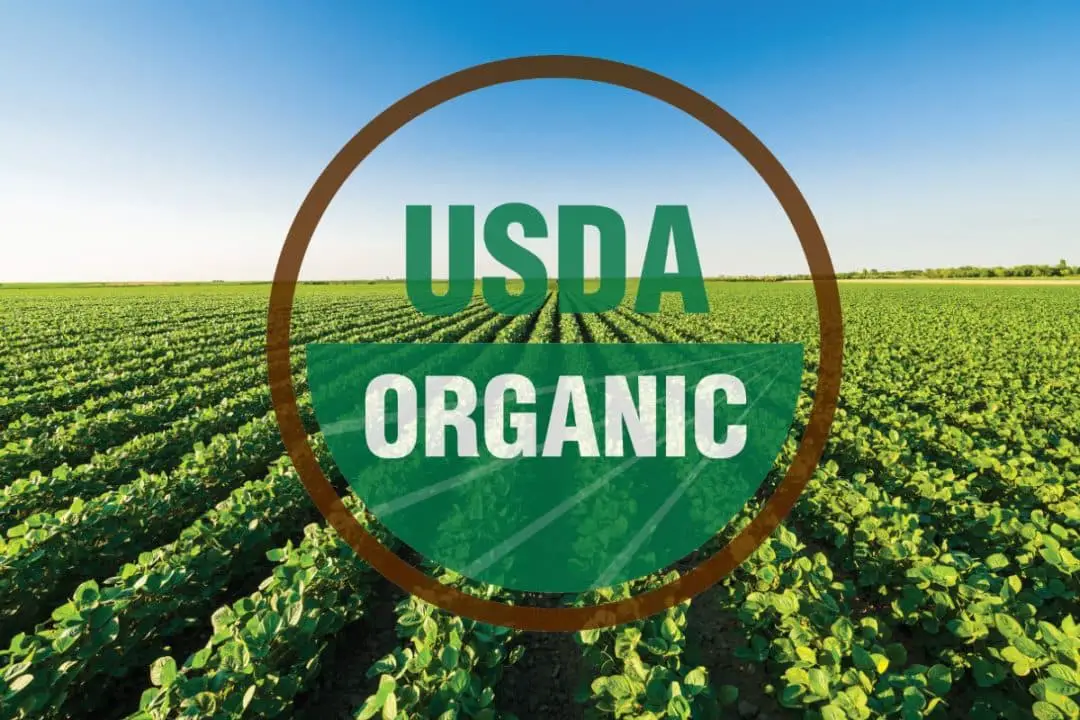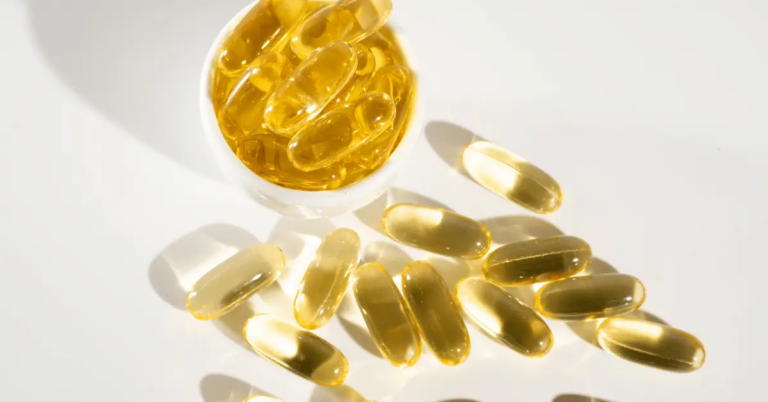Did you know that the organic brands you love might not be as small-scale and independent as you think? In a world where eating healthily and sustainably is more than a trend, it’s a lifestyle, many of us choose organic products for their purity and environmental ethics.
But what if I told you that several beloved organic brands have been scooped up by large corporations? This revelation might make you ponder: does big business ownership affect the authenticity of these organic products? Let’s peel back the layers and discover the true nature of these organic favorites.
The Organic Takeover: Unlikely Parent Companies
It’s an intriguing twist in the organic food narrative. Brands once synonymous with grassroots, health-focused ideals are now under the umbrella of massive corporations.
This trend raises an eyebrow: can these conglomerates truly maintain the original spirit of organic brands?
- Annie’s: Renowned for their delightful organic mac-n-cheese, Annie’s was absorbed by General Mills. They pledge to use non-GMO ingredients, but this doesn’t ensure GMO-free animal feed.
- Silk: Originally a beacon in the plant-based dairy alternatives sector, Silk’s acquisition by Danone has made some question its commitment to the quality that defined its early days.
- Horizon: Once a standalone symbol of organic dairy, Horizon’s ownership by Danone raises concerns about maintaining its organic ethos amidst corporate strategies.
- R.W. Knudsen’s: As a producer of organic juices, its acquisition by Nexus Capital Management LP, following ownership by Smucker’s, puts its organic dedication in the spotlight.
- Honest Tea: This brand, known for its indie and ethical origins, was completely bought out by Coca-Cola, sparking discussions on the authenticity of its organic roots.
- Applegate Farms: A leading distributor of organic meat in the U.S., Applegate Farms’ sale to Hormel, a company supporting GMOs, casts doubt on its organic commitments.
- Dagoba Chocolate: This artisanal chocolate brand, now a part of Hershey’s, faces the challenge of maintaining its small-scale quality under a chocolate giant.
- Earthbound Farm: A major organic produce supplier in the U.S., its acquisition by Taylor Farms from Danone brings into question th e potential shift in organic practices.
- Cascadian Farm: Acquired by General Mills in 1999, this brand caters to budget-conscious organic customers, with its adherence to original organic standards under scrutiny.
- Stonyfield Organic Yogurt: While Danone’s ownership aims to spread Stonyfield’s goodness more broadly, there’s a longing in the industry for smaller, innovative challengers in the organic space.
The Hidden Effects: Quality, Standards, and Ethics
The acquisition of organic brands by large corporations can lead to significant changes, often hidden from the casual consumer’s eye:
- Quality Shifts: Post-acquisition, consumers often notice a change in the quality of products. For instance, Silk’s switch to GMO soybeans under corporate ownership raised concerns about maintaining original product standards.
- Diluted Standards: There is a risk that corporate entities may push for looser organic standards to enhance profitability, potentially undermining the stringent requirements of organic certification.
- Ethical Compromises: Large corporations might place higher emphasis on profits, potentially overshadowing the ethical values central to organic brands, such as fair labor practices and environmental stewardship.
- Transparency Issues: Corporate ownership can lead to less transparent operations, making it harder for consumers to understand where and how products are sourced and produced.
- Loss of Consumer Connection: The intimate bond between consumers and organic brands can weaken under corporate structures, where decision-making might not align with the original ethos of the brand.
Understanding these potential impacts is key to making informed choices about the organic products we choose to support.

Championing True Organic Values: The Role of Consumers
In the evolving landscape of organic food, the power of consumer choice cannot be understated. Here’s how we, as consumers, can make a difference:
- Stay Informed: Regularly research your favorite brands to ensure they continue to adhere to genuine organic practices.
- Support Small Producers: Whenever possible, buy from smaller, independent organic farms and producers who are more likely to maintain traditional organic values.
- Read Labels Carefully: Look beyond the ‘organic’ label. Investigate ingredient lists and sourcing information to understand the true nature of the products.
- Voice Concerns: If you notice a decline in the quality or ethics of a product, reach out to the company. Public feedback can influence corporate practices.
- Diversify Choices: Don’t rely solely on one brand or product. Explore and support a variety of organic producers to encourage a diverse and healthy organic market.
Discovering Authentic Organic Brands
While corporate-owned organic brands dominate the market, there are still numerous smaller, independent companies committed to genuine organic principles. Here are some worth exploring:
- Organic Valley: A cooperative of small farmers offering a range of dairy products, eggs, and meats.
- Nature’s Path: A family-owned company specializing in organic cereals and breakfast foods.
- Dr. Bronner’s: Known for organic, fair-trade soap and a variety of personal care products.
- Late July: Offers organic snacks, with a focus on chips and crackers.
- Bragg: Famous for their organic apple cider vinegar and other health food products.
- Eden Foods: Specializes in organic beans, grains, and soy products.
- Farmhouse Culture: Provides a variety of organic fermented foods like sauerkraut and kimchi.
- Seven Stars Farm: A Pennsylvania-based dairy producing organic yogurts and other dairy products.
- Bob’s Red Mill: Offers a range of organic grains, flours, and seeds, among other products.
- Bhakti Chai: Known for their organic, fair-trade chai teas and beverages.
Supporting these brands helps to ensure the vitality and diversity of the organic food market, aligning purchases with a commitment to health and sustainability.

My Personal RX on Embracing Real Food and Organic Choices
I advocate for choosing real, unprocessed foods, particularly those sourced from organic producers and small businesses. These choices not only support sustainable practices but also ensure that you’re consuming foods with fewer pesticides and artificial additives. It’s about nourishing your body with the best that nature offers while supporting the small-scale farmers and producers who are the backbone of a health-oriented community.
- Prioritize Organic Produce: Opt for organic fruits and vegetables to reduce exposure to harmful pesticides and to support sustainable farming practices.
- Support Small Businesses: When possible, buy from local farmers and small producers. This helps sustain their operations and ensures a supply of fresh, minimally processed foods.
- Mindful Meat and Dairy Selection: Choose free-range, grass-fed meat and dairy products. These are not only healthier but also more ethical and environmentally friendly.
- Harness the Power of Turmeric: Enhance your health with the Complete Turmeric Matrix. This supplement offers natural protection and the full spectrum of benefits derived from turmeric.
- Explore Healthy Recipes: Get your hands on the Superfoods Cookbook. It’s packed with recipes that incorporate superfoods into your diet in delicious and innovative ways.
- Reduce Processed Food Intake: Cut down on processed and packaged foods. They often contain hidden sugars, unhealthy fats, and a myriad of additives.
- Educate Yourself on Labels: Learn to read food labels effectively. Understanding ingredient lists can help you avoid unwanted additives and choose healthier options.
Conscious consumption is not just a dietary choice; it’s a lifestyle approach that respects both our bodies and the planet. By making informed food choices, we take a step towards better health and a more sustainable world.




















